FC Barcelona
Full name : Futbol Club Barcelona
Nickname(s) : Barça or Blaugrana (team)
Culés or Barcelonistas (supporters)
Blaugranes or Azulgranas (supporters)
Short name : FCB
Founded : 29 November 1899; 117 years ago
as Foot-Ball Club Barcelona
Ground : Camp Nou
Capacity : 99,354
President : Josep Maria Bartomeu
Coach : Ernesto Valverde
League : La Liga

On 29 November 1899, Joan Gamper founded FC Barcelona, along with eleven other enthusiasts of 'foot-ball', a game that was still largely unknown in the country at the time. He could never have imagined the magnitude of what that initiative would eventually develop into. Over more than one hundred years of history, FC Barcelona has grown spectacularly in every area and has progressed into something much greater than a mere sports club, turning Barça’s ‘more than a club’ slogan into a reality.
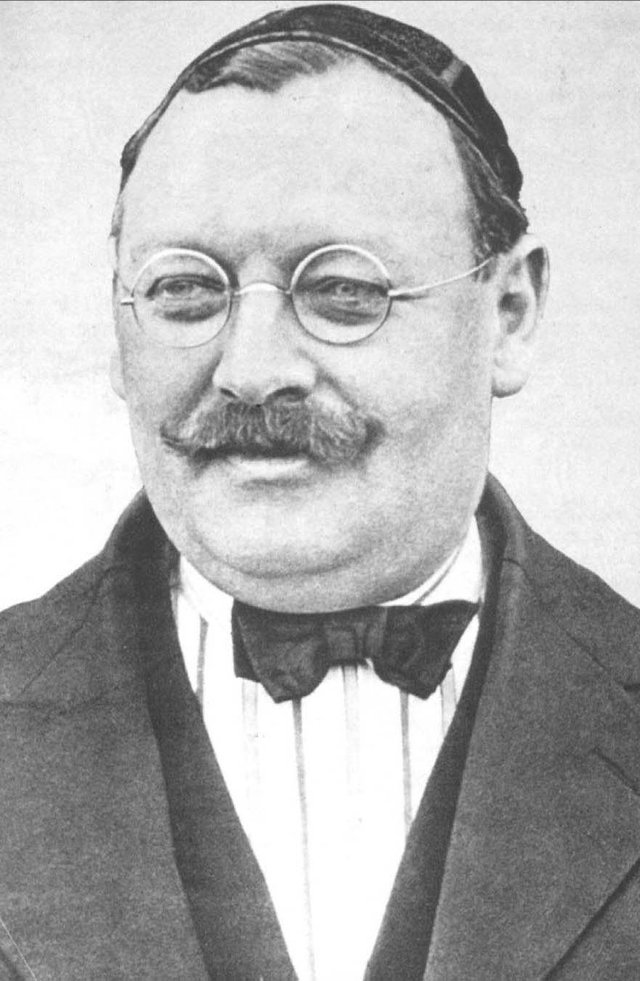
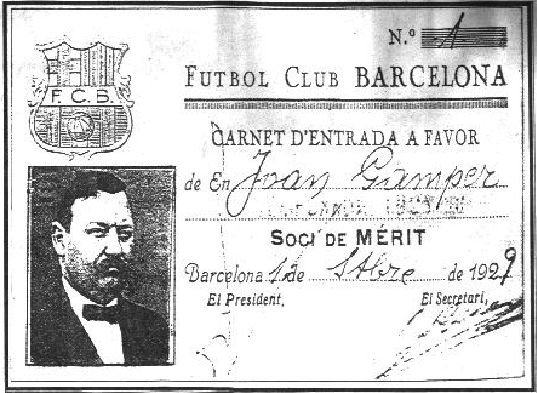
Barça has become, for millions of people all around the world, a symbol of their identity, and not just in a sporting sense, but also in terms of society, politics and culture. Throughout the most difficult of times, Barça was the standard that represented Catalonia and the Catalan people's desire for freedom, a symbolism that has continued to be closely linked to the idiosyncrasy of the Club and its members to this day. Within the context of Spain, Barça is seen as an open and democratic club. And all around the world, Barça is identified with caring causes, and most especially children through its sponsorship agreement with Unicef.
or a whole century, FC Barcelona has passed through moments of glory and pain, periods of brilliance and other less successful ones, epic victories and humbling defeats. But all these different moments have helped define the personality of a Club that, due to its peculiar nature, is considered unique in the world.
With over one hundred years of history, there have naturally been many different periods, both in a social and a sporting sense. In the early years (1899-1922) , from the foundation of the club to the construction of Les Corts stadium, Barça was a club that had to distinguish itself from all the other football teams in Barcelona, to the point that it would come to be identified with the city as a whole. Barça soon became the leading club in Catalonia, and also associated itself with the increasingly growing sense of Catalan national identity.
From Les Corts to the Camp Nou (1922-1957), the club went through contrasting periods. Its membership reached 10,000 for the first time, while football developed into a mass phenomenon and turned professional, and these were the years of such legendary figures as Alcántara and Samitier. But due to material difficulties and the political troubles of the Spanish Civil War and post-war period, the club was forced to overcome several adverse circumstances, including the assassination of president Josep Suñol in 1936, the very person who had propagated the slogan ‘sport and citizenship'. But the club survived, and a period of social and sporting recovery materialised in the form of the Camp Nou, coinciding with the arrival of the hugely influential Ladislau Kubala.
From the construction of the Camp Nou to the 75th anniversary (1957-1974), Barça suffered mediocre results but was consolidated as an entity, with a constantly increasing membership and the slow but steady recovery, in the face of adversity, of its identity. A very clear sensation that was manifested for the first time ever in the words ‘Barça, more than a club’ proclaimed by president Narcís de Carreras. The board presided by Agustí Montal brought a player to Barcelona who would change the history of the club, Johan Cruyff.From the 7th anniversary to the European Cup (1974-1992) the club saw the conversion of football clubs to democracy, the start of Josep Lluís Núñez’s long presidency, the extension of the Camp Nou on the occasion of the 1982 World Cup and the Cup Winners' Cup triumph in Basel (1979), a major success not just in a sporting sense but also in a social one, with an enormous and exemplary expedition of Barça supporters demonstrating to Europe the unity of the Barcelona and Catalan flags. Cruyff returned, this time as coach, and created what would come to be known as the 'Dream Team' (1990-1994), whose crowning glory was the conquest of the European Cup at Wembley (1992), thanks to Koeman’s famous goal.
From Wembley to the second treble (1992-2015) was when the club’s most recent developments occurred in between its seven greatest sporting, the five Champions League titles and the two World Club Cups. Josep Lluís Núñez’s long presidency came to an end, and the club displayed its finest potential during the celebrations of the club Centenary. Following on from Joan Gaspart (2000-2003), the June 2003 election brought Joan Laporta into office, and the start of new social expansion, reaching 172,938 members, and more successes on the pitch, including four league titles, the Champions League titles won in Paris and Rome and the FIFA Club World Cup.
In the season 2008/09 the arrival of Josep Guardiola as first team coach brought new energy to the club and they recorded the most successful season in their entire history winning the six titles that will be forever burned into the memories of all Barça fans. Success on the field has helped the club expand its social role and heighten its media profile. In the 2009/10 season, Guardiola’s second in charge, the Liga title was won for the second year in a row, and the twentieth on club history, setting a new record of 99 points in the process. The title was not decided until the very last day, with a game against Valladolid, and the celebrations went ahead that very same evening in the company of the fans at the Camp Nou.
Under the presidency of Sandro Rosell (2010-14), the sporting glory continued with the league and Champions League double in 2010/11 and the World Club Cup and the Spanish Cup in the season 2011/12, the latter being the last trophy claimed by Josep Guardiola as coach. Later, the league title in 2012/13 would be added with Tito Vilanova as coach in the 100 points campaign. In the season 2014/15 with Josep Maria Bartomeu as president and with Luis Enrique as coach, Barça recorded the second treble in their history, winning the league, the Spanish Cup and the Champions League.
The grandeur of FC Barcelona is explained, among many other factors, by its impressive honours list. Very few clubs anywhere in the world have won so many titles. The Intercontinental Cup is the only major football trophy that has never made its way into the club museum, where the club's greatest pride and joy remain the three European Cup titles won in Wembley (1992) Paris (2006), Rome (2009), Wembley (2011) and Berlin (2015) and the FIFA Club World Cups in 2009 in Abu Dhabi and 2011 and 2015 in Yokohama.
Apart from winning Europe’s top title, the Club also has the honour of being the only one to have appeared in every single edition of European club competition since the tournaments were first created back in 1955. Barcelona's many achievements in Europe include being considered 'King of the Cup Winners Cup', having won that title a record four timesIn addition, FC Barcelona also won three Fairs Cups (the tournament now known as the UEFA Europa League) in 1958, 1960 and 1966. In 1971, Barça won that trophy outright in a match played between themselves, as the first ever winners of the competition, and Leeds United, as the last.
El Clásico :-
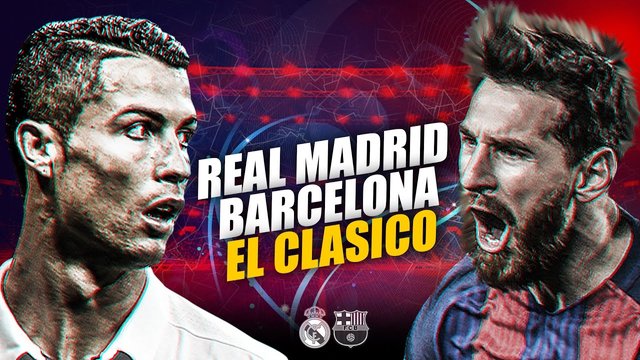

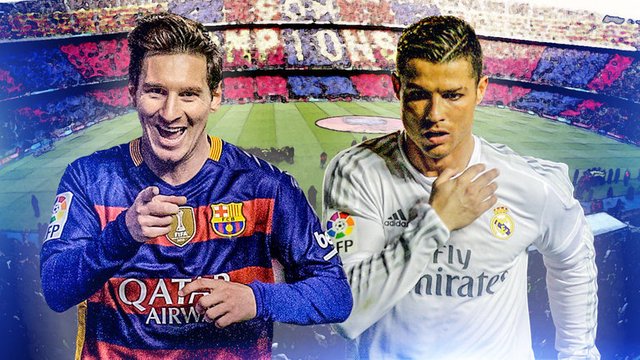
There is often a fierce rivalry between the two strongest teams in a national league, and this is particularly the case in La Liga, where the game between Barcelona and Real Madrid is known as El Clásico. From the start of national competitions the clubs were seen as representatives of two rival regions in Spain: Catalonia and Castile, as well as of the two cities. The rivalry reflects what many regard as the political and cultural tensions felt between Catalans and the Castilians, seen by one author as a re-enactment of the Spanish Civil War.
Stadium :-

Main articles: Camp de la Indústria, Camp de Les Corts, and Camp Nou
Barcelona initially played in the Camp de la Indústria. The capacity was about 6,000, and club officials deemed the facilities inadequate for a club with growing membership.
In 1922, the number of supporters had surpassed 20,000 and by lending money to the club, Barça was able to build the larger Camp de Les Corts, which had an initial capacity of 20,000 spectators. After the Spanish Civil War the club started attracting more members and a larger number of spectators at matches. This led to several expansion projects: the grandstand in 1944, the southern stand in 1946, and finally the northern stand in 1950. After the last expansion, Les Corts could hold 60,000 spectators.
After the construction was complete there was no further room for expansion at Les Corts. Back-to-back La Liga titles in 1948 and 1949 and the signing of László Kubala in June 1950, who would later go on to score 196 goals in 256 matches, drew larger crowds to the games. The club began to make plans for a new stadium.[236] The building of Camp Nou commenced on 28 March 1954, before a crowd of 60,000 Barça fans. The first stone of the future stadium was laid in place under the auspices of Governor Felipe Acedo Colunga and with the blessing of Archbishop of Barcelona Gregorio Modrego. Construction took three years and ended on 24 September 1957 with a final cost of 288 million pesetas, 336% over budget.
In 1980, when the stadium was in need of redesign to meet UEFA criteria, the club raised money by offering supporters the opportunity to inscribe their name on the bricks for a small fee. The idea was popular with supporters, and thousands of people paid the fee. Later this became the centre of controversy when media in Madrid picked up reports that one of the stones was inscribed with the name of long-time Real Madrid chairman and Franco supporter Santiago Bernabéu. In preparation for the 1992 Summer Olympics two tiers of seating were installed above the previous roofline.It has a current capacity of 99,354 making it the largest stadium in Europe.
There are also other facilities, which include:
Ciutat Esportiva Joan Gamper (FC Barcelona's training ground)
Masia-Centre de Formació Oriol Tort (Residence of young players)
Mini Estadi (Home of the reserve team)
Palau Blaugrana (FC Barcelona indoor sports arena)
Palau Blaugrana 2 (Secondary indoor arena of FC Barcelona)
Pista de Gel (FC Barcelona ice rink)
Honours:-
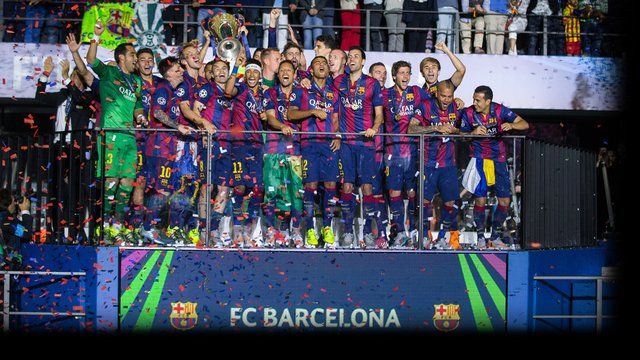
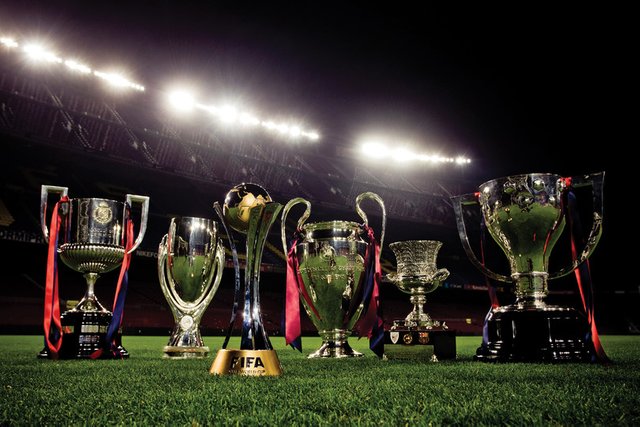

Domestic La Liga:
24 1928–29, 1944–45, 1947–48, 1948–49, 1951–52, 1952–53, 1958–59, 1959–60, 1973–74, 1984–85, 1990–91, 1991–92, 1992–93, 1993–94, 1997–98, 1998–99, 2004–05, 2005–06, 2008–09, 2009–10, 2010–11, 2012–13, 2014–15, 2015–16
Copa del Rey:
29 1909–10, 1911–12, 1912–13, 1919–20, 1921–22, 1924–25, 1925–26, 1927–28, 1941–42, 1950–51, 1951–52, 1952–53, 1956–57, 1958–59, 1962–63, 1967–68, 1970–71, 1977–78, 1980–81, 1982–83, 1987–88, 1989–90, 1996–97, 1997–98, 2008–09, 2011–12, 2014–15, 2015–16, 2016–17
Supercopa de España:
12 1983, 1991, 1992, 1994, 1996, 2005, 2006, 2009, 2010, 2011, 2013, 2016
Copa Eva Duarte:
3 1948, 1952, 1953
Copa de la Liga
2 1982–83, 1985–86
Continent European Cup / UEFA Champions League:
5 1991–92, 2005–06, 2008–09, 2010–11, 2014–15
UEFA Super Cup:
5† 1992, 1997, 2009, 2011, 2015
European Cup Winners' Cup / UEFA Cup Winners' Cup:
4 1978–79, 1981–82, 1988–89, 1996–97
Inter-Cities Fairs Cup:
3 1955–58, 1958–60, 1965–66
Worldwide FIFA Club World Cup:
3 2009, 2011, 2015
Current squad:-
No. Position. Player :-
1 Germany GK Marc-André ter Stegen
2 Portugal DF Nélson Semedo
3 Spain DF Gerard Piqué
4 Croatia MF Ivan Rakitić
5 Spain MF Sergio Busquets (3rd captain)
6 Spain MF Denis Suárez
7 Turkey MF Arda Turan
8 Spain MF Andrés Iniesta (captain)
9 Uruguay FW Luis Suárez
10 Argentina FW Lionel Messi (vice-captain)
11 France FW Ousmane Dembélé
12 Brazil MF Rafinha
13 Netherlands GK Jasper Cillessen
14 Argentina DF Javier Mascherano (4th captain)
15 Brazil MF Paulinho
16 Spain FW Gerard Deulofeu
17 Spain FW Paco Alcácer
18 Spain DF Jordi Alba
19 France DF Lucas Digne
20 Spain MF Sergi Roberto
21 Portugal MF André Gomes
22 Spain DF Aleix Vidal
23 France DF Samuel Umtiti
25 Belgium DF Thomas Vermaelen



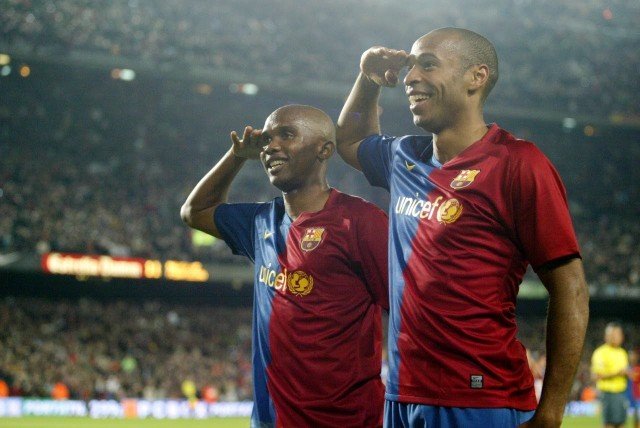

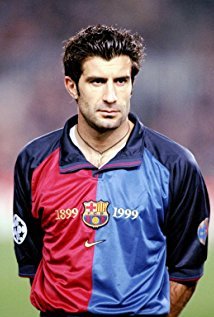
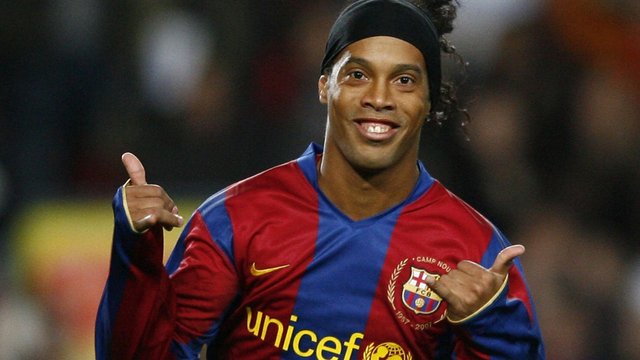
Te doy la bienvenida a Steemit, @shaikatkm
A continuación te presento varias iniciativas que existen en esta comunidad para ayudarte a crecer
Para ayudarte en la plataforma, he votado en este post y te estoy siguiendo 🙂
Si tienes alguna duda o pregunta, te invito a que participes en el post semanal de @preguntame en donde te contestamos todas tus preguntas.
¡Te deseamos mucho éxito y que disfrutes estar por aquí!
Este bot fue creado por @moisesmcardona. Vótalo como Witness si esta información te ha parecido útil en https://steemit.com/~witnesses
seriously
nice post
thanks
good information
thanks
great news
thanks
useful content
you sure
wow..
thank you
Congratulations @shaikatkm! You have completed some achievement on Steemit and have been rewarded with new badge(s) :
Click on any badge to view your own Board of Honor on SteemitBoard.
For more information about SteemitBoard, click here
If you no longer want to receive notifications, reply to this comment with the word
STOPthank you
welcome vai
good one keep posting
ohhh thanks
I love FCB!!!
good